Have you ever asked yourself the questions what are proteins? As a registered dietitian, I’m here to break it down into simple, actionable insights to help you understand the role of protein in your health.
Protein 101
Protein is one of the three macronutrients essential for the body, alongside carbohydrates and fats. It’s made up of building blocks called amino acids, which are involved in virtually every function of the body—from building muscles and repairing tissues to producing hormones and enzymes.


Complete vs. Incomplete Proteins
Not all proteins are created equal. Here’s the difference:
Complete Proteins
- Provide all nine essential amino acids your body can’t produce on its own.
- Sources: Animal-based foods like meat, poultry, fish, eggs, and dairy, as well as plant-based options like quinoa, soy, and buckwheat.
Incomplete Proteins
- Contain some, but not all, essential amino acids. Pairing these proteins can create a complete profile.
- Sources: Plant-based foods like beans, lentils, nuts, seeds, and whole grains.
Why Is Protein Important?
Protein is vital for maintaining a healthy body. Here’s how it helps:
- Builds and Repairs Tissues - Supports the growth, maintenance, and repair of tissues, making it especially important for athletes, children, and people recovering from injuries or surgery.
- Supports Muscle Health - A diet rich in protein helps maintain muscle mass, particularly as you age. Combined with regular exercise, it can also promote muscle growth.
- Provides Energy - While protein isn’t the body’s primary energy source, it can serve as a backup when carbohydrate or fat intake is insufficient.
- Promotes Satiety - High-protein foods keep you feeling full longer, which can help with weight management.
- Produces Enzymes and Hormones - Proteins play a crucial role in producing enzymes and hormones that regulate processes like metabolism and immune response.
- Blood Sugar Control - Protein can slow the absorption of sugar in the body, helping to maintain steady blood sugar levels.
How Much Do You Need?
Needs vary depending on factors like age, gender, activity level, and health goals. General recommendations include:
- Adults: 1.0 -1.2 grams per kilogram of body weight.
- Athletes or Active Individuals: 1.2–2.0 grams per kilogram of body weight.
Protein Sources
Incorporating a variety of protein sources ensures you’re meeting your needs. Try these options:
- Animal-Based: Chicken, beef, turkey, fish, eggs, Greek yogurt, cottage cheese, milk.
- Plant-Based: Tofu, tempeh, lentils, chickpeas, nuts, seeds, edamame.
Easy Ways to Add Protein to Your Diet
- Start with Breakfast: Include eggs, Greek yogurt, or a protein-packed smoothie.
- Snack Smart: Opt for trail mix, hummus with veggies, or boiled eggs.
- Add to Meals: Toss beans, lentils, or diced chicken into soups, salads, or casseroles.
- Try Plant-Based Alternatives: Explore tofu stir-fries or lentil-based curries
FAQ's
High-quality protein sources include meat, fish, eggs, dairy, legumes, tofu, tempeh, nuts, seeds, and quinoa.
Yes, by combining plant-based protein sources like beans, lentils, tofu, quinoa, and nuts, you can meet your protein needs.
It’s beneficial to spread protein intake evenly throughout the day to support muscle repair and satiety.
For most people, a balanced diet provides sufficient protein, but supplements can help if dietary intake is inadequate or for specific fitness goals.
Yes, protein can increase satiety, reduce hunger, and support muscle retention during weight loss.
The Bottom Line:
Protein is a key player in keeping your body healthy, strong, and energized. By including a variety of protein-rich foods in your meals, you can support everything from muscle health to immune function.

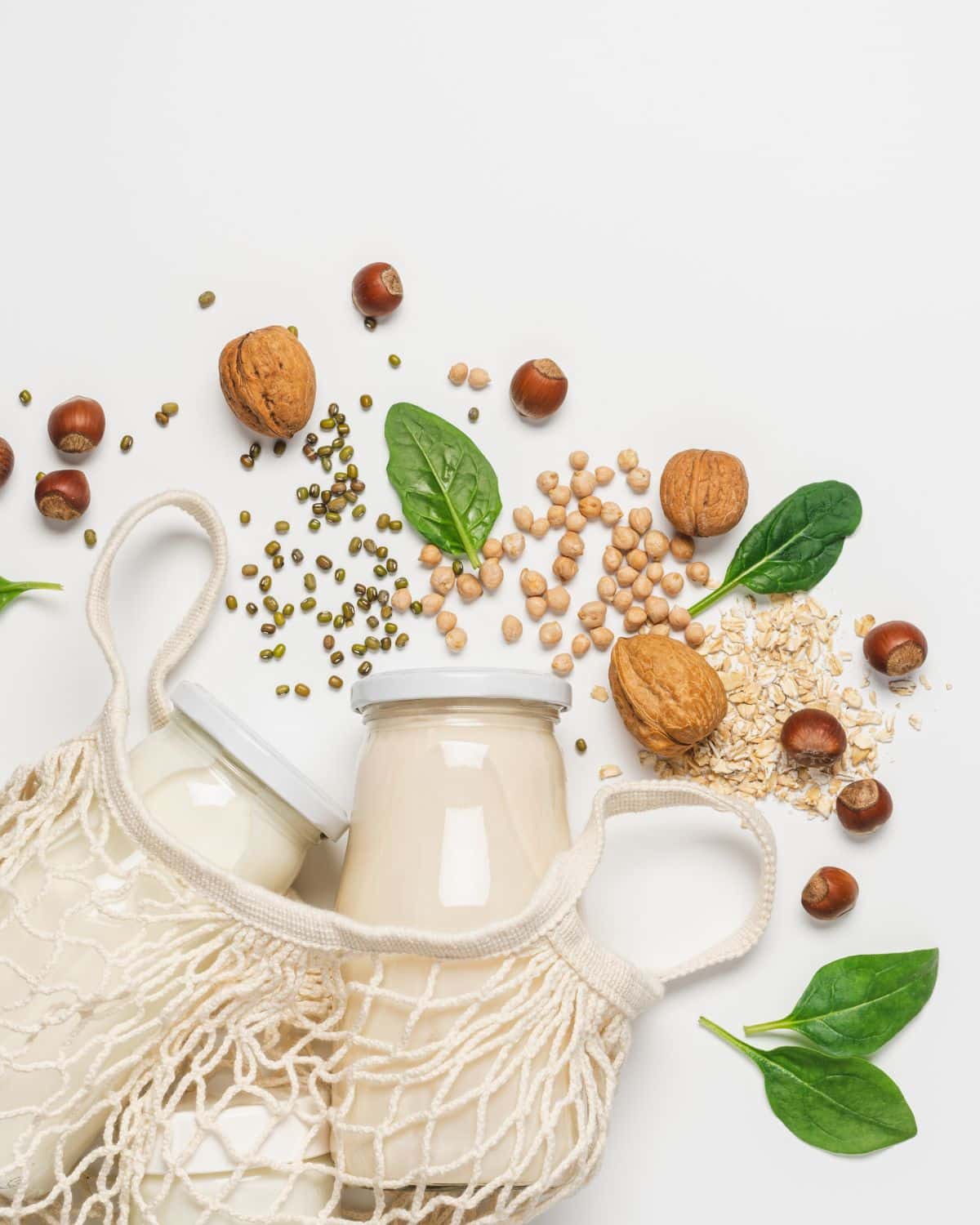
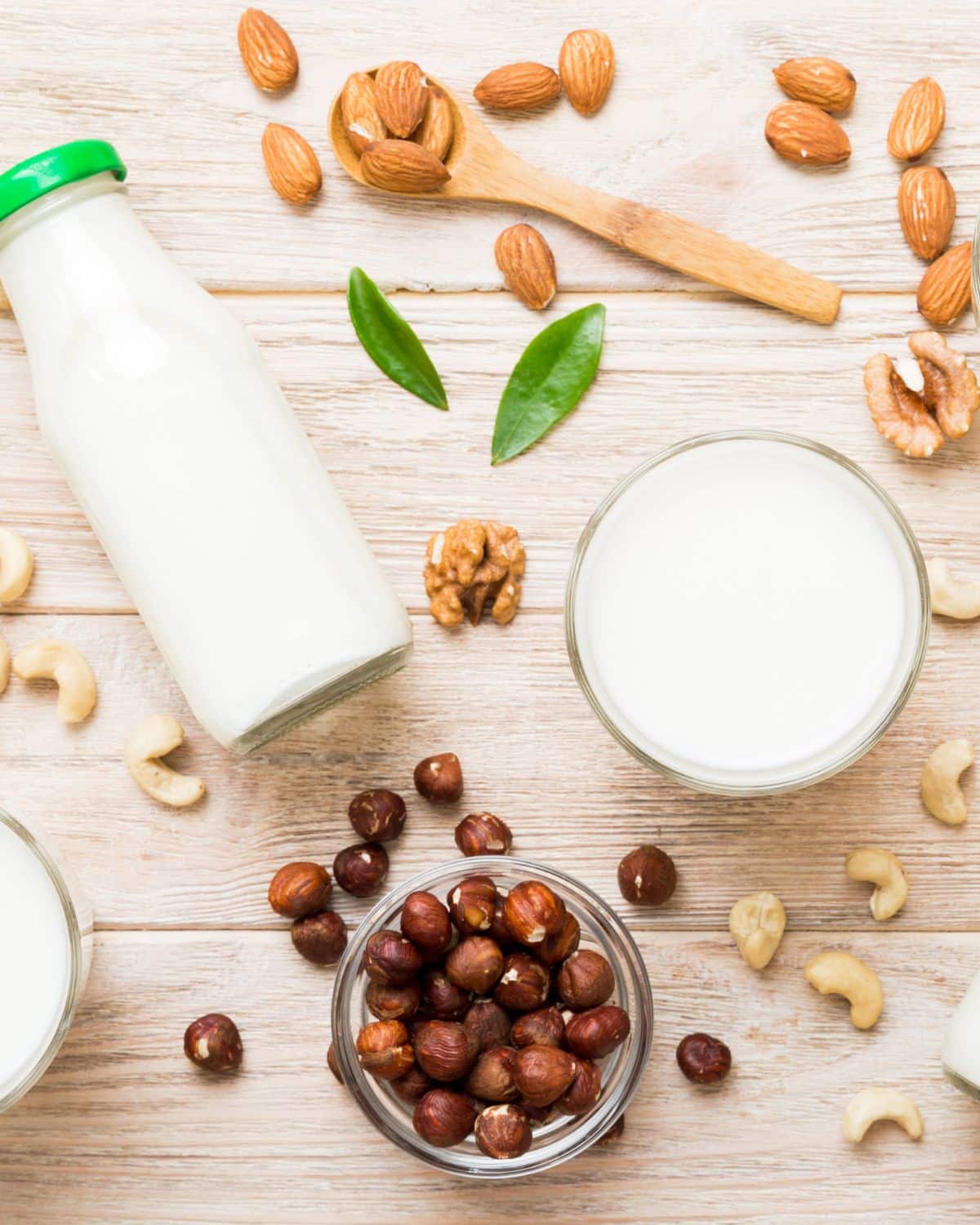

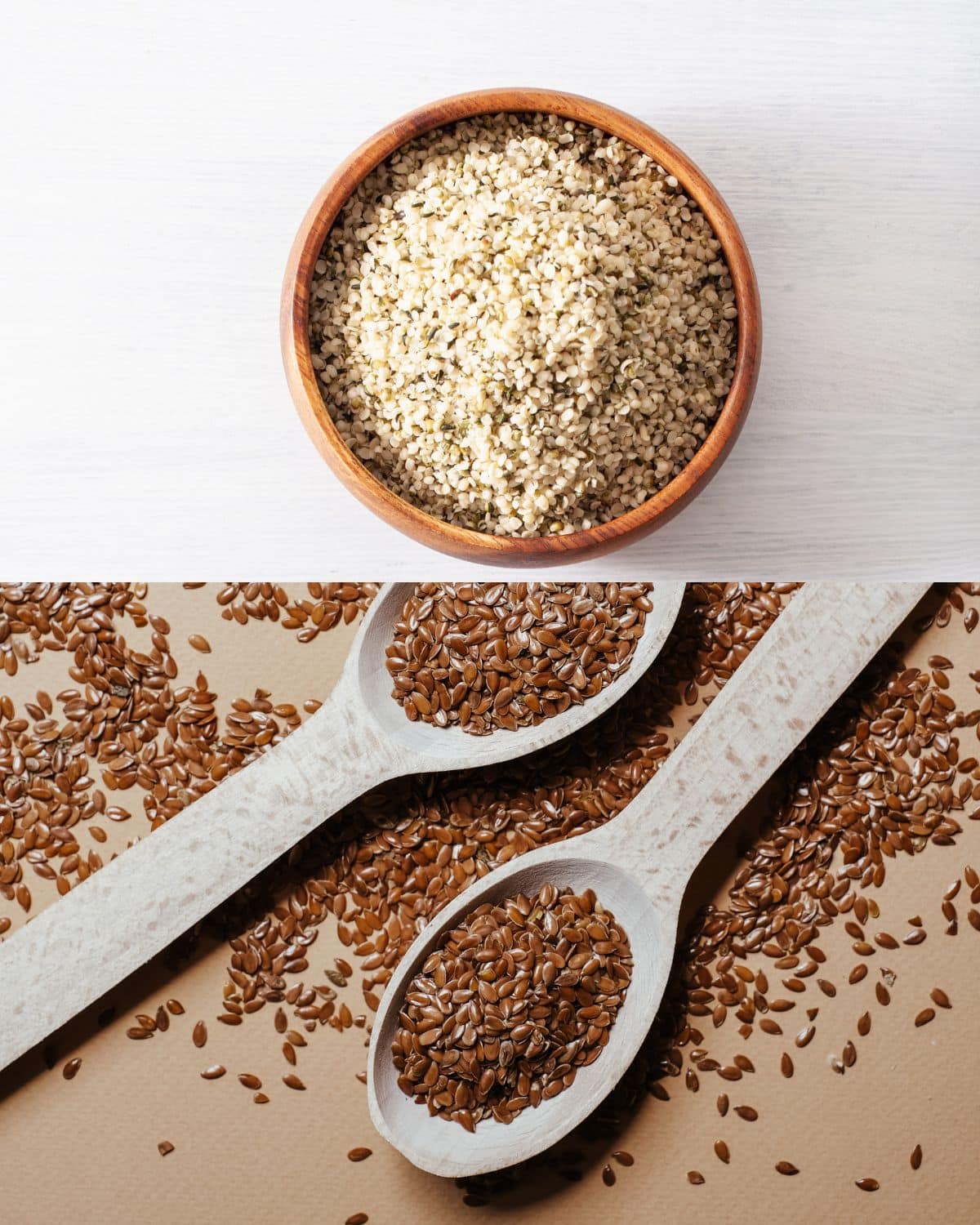

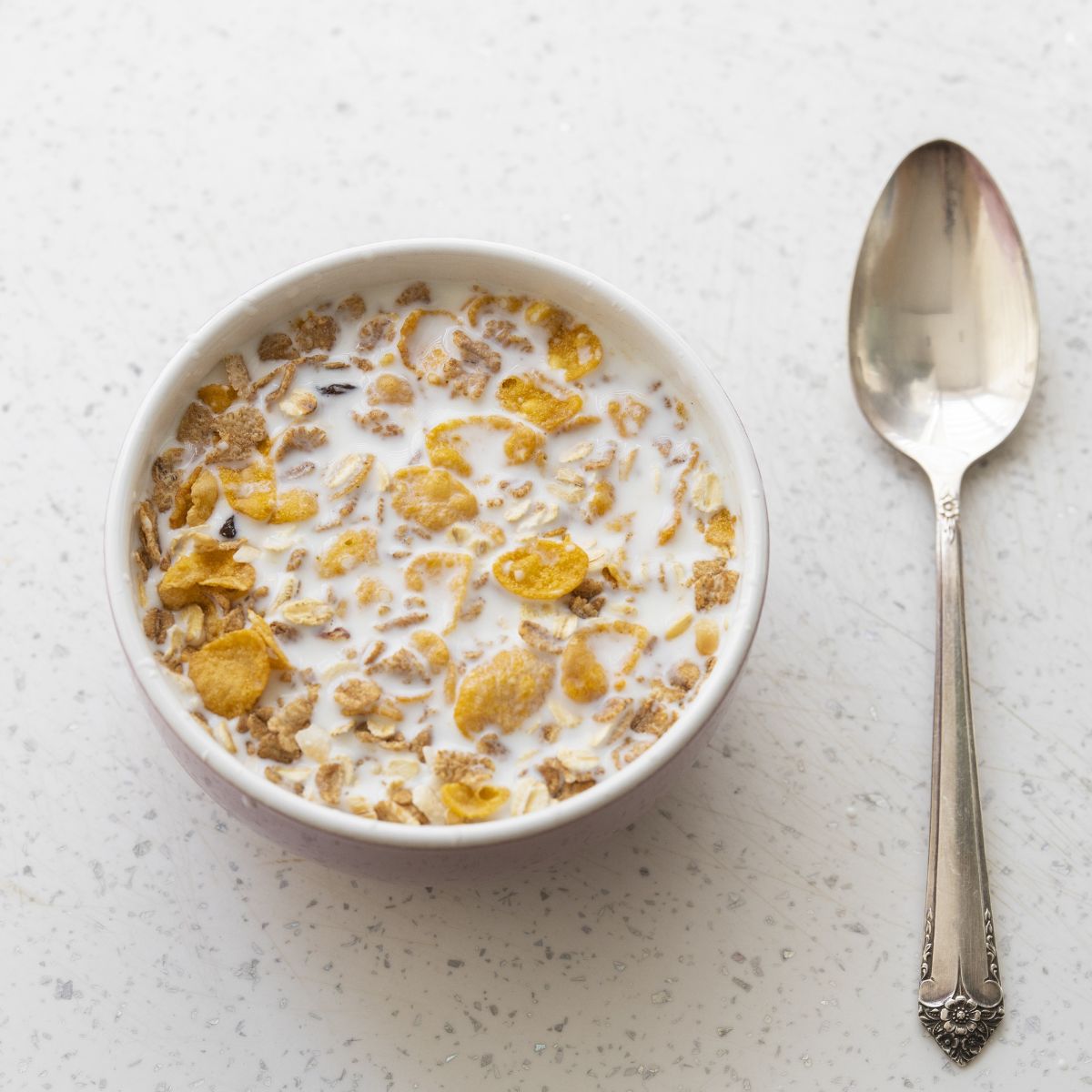

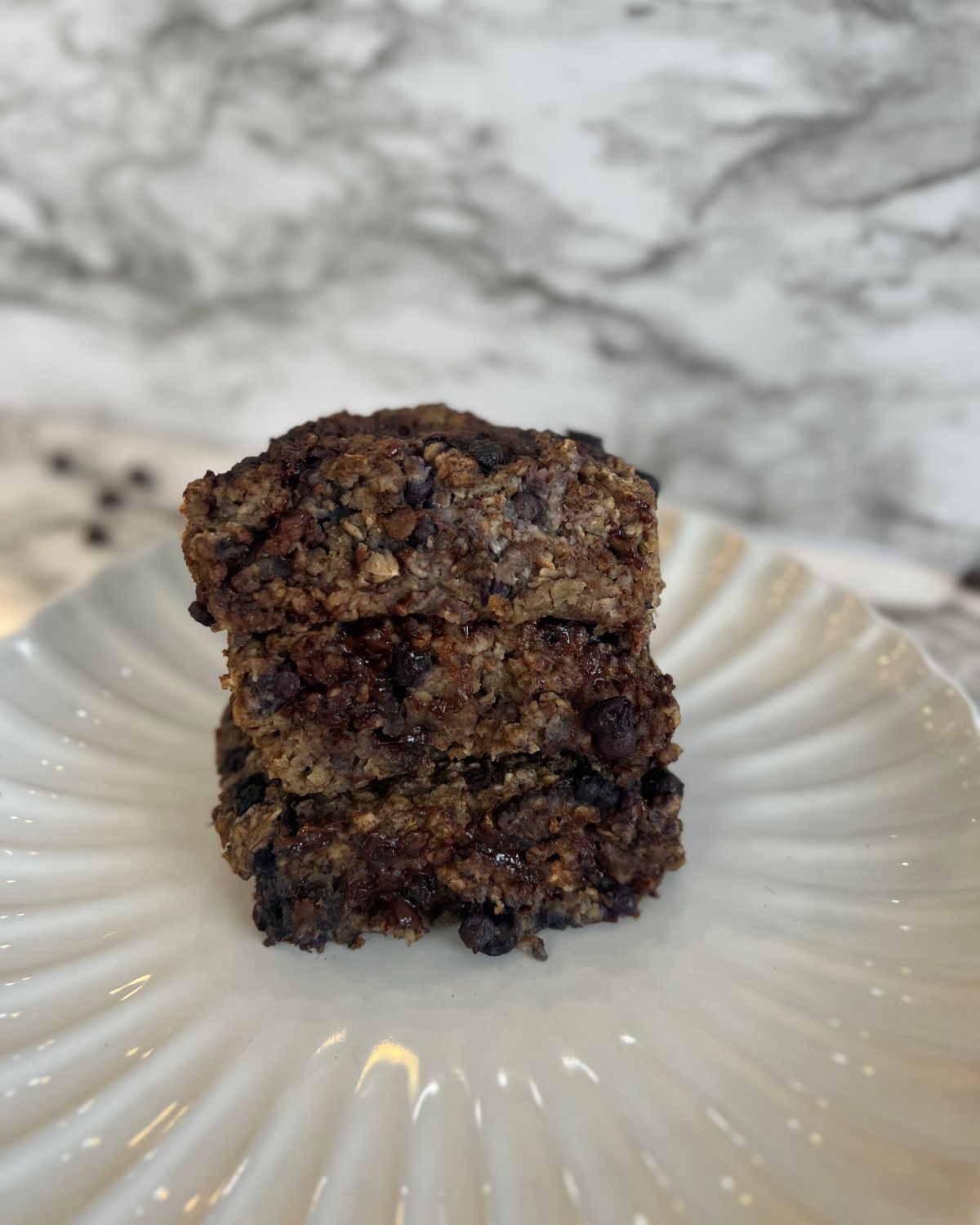




Comments
No Comments